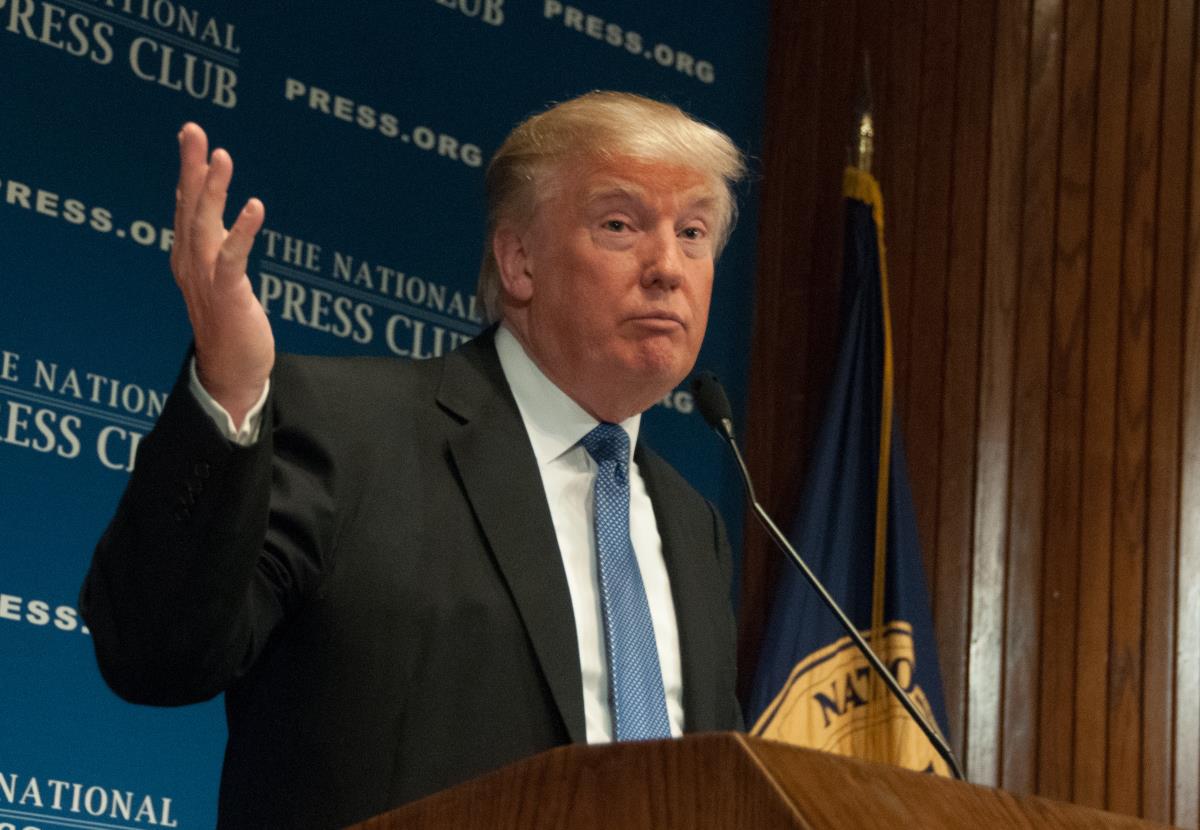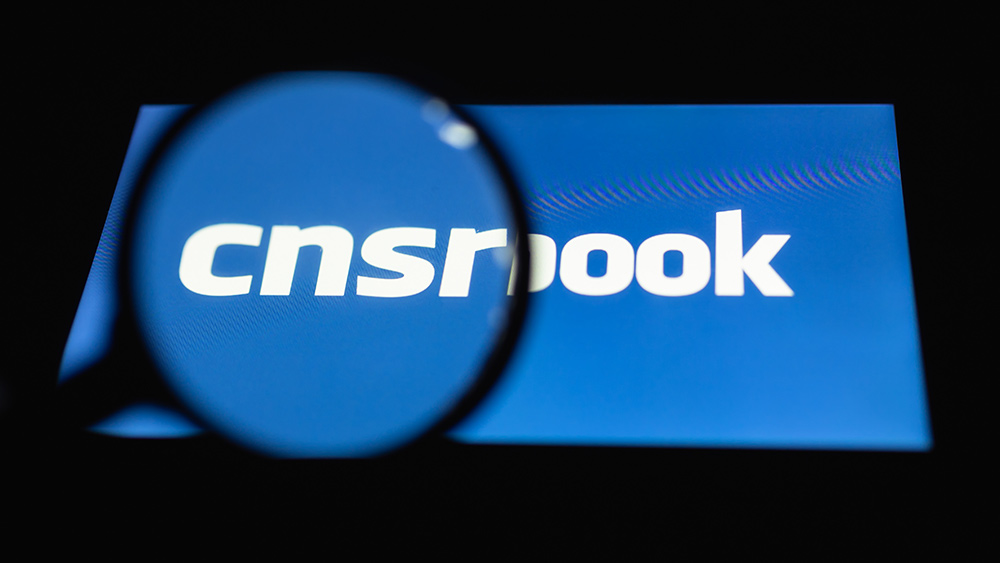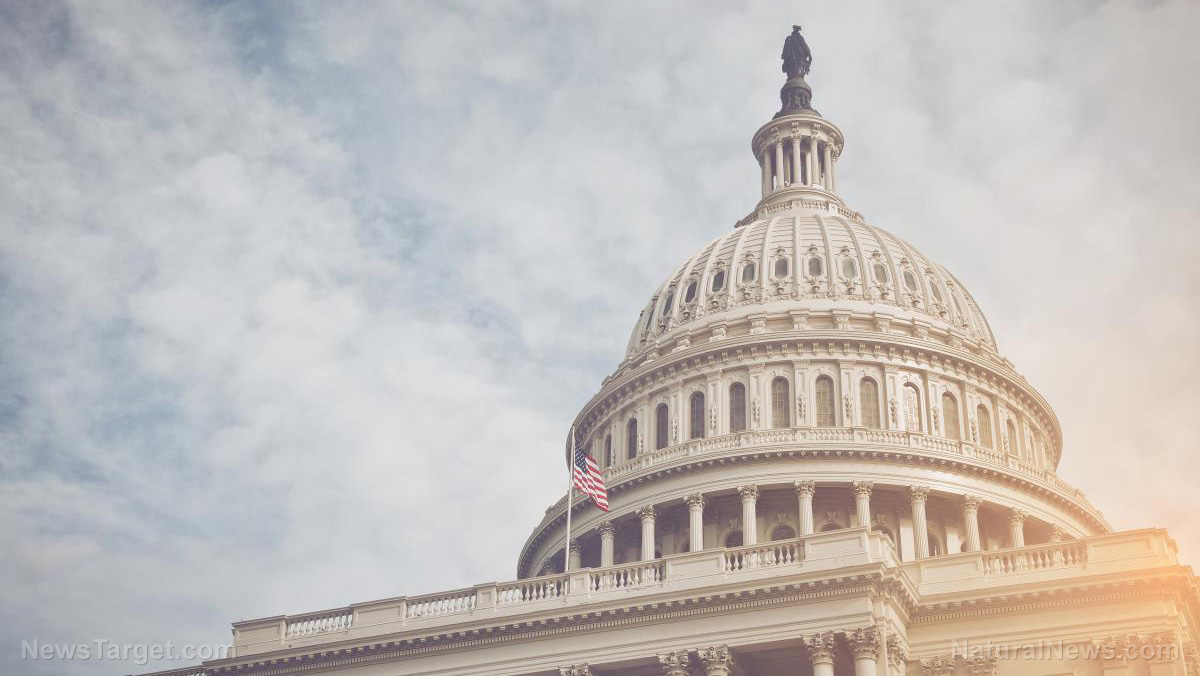California judge says Trump can’t ban WeChat because of the First Amendment, but Big Tech is never stopped from censoring Americans
09/28/2020 / By Ethan Huff

An effort by President Trump to ban the “WeChat” app from American smartphones has failed after U.S. Magistrate Judge Laurel Beeler of San Francisco decided that restricting the Chinese-owned app would violate the First Amendment.
Regardless of the fact that WeChat poses a national security threat, much in the same way as TikTok, Beeler claims that the app has free speech rights that must be protected.
In her ruling, Beeler wrote that WeChat, a product of the Chinese Communist Party (CCP), “serves as a virtual public square for the Chinese-speaking and Chinese-American community in the United States and is (as a practical matter) their (sic) only means of communication.”
Beeler added that banning WeChat “forecloses meaningful access to communication in their community and thereby operates as a prior restraint on their right to free speech.”
Failing to explain how or why Chinese people in the U.S. somehow cannot use other modes of smartphone communication, Beeler went on to reveal her political bias by declaring the Trump administration’s efforts to ban WeChat as an “overarching national-security interest.”
“[The administration has] put in scant little evidence that its effective ban of WeChat for all U.S. users addresses those concerns,” Beeler added.
“The plaintiffs have shown serious questions going to the merits of their First Amendment claim that the Secretary’s prohibited transactions effectively eliminate the plaintiffs’ key platform for communication, slow or eliminate discourse, and are the equivalent of censorship of speech or a prior restraint on it.”
Does this mean conservatives and Christians are now free to exercise their First Amendment rights on Silicon Valley tech platforms?
One wonders if Beeler holds the same position with regards to Facebook and Twitter, which are actively censoring conservatives, Christians and white people for expressing viewpoints that some far-leftists find “offensive.”
Will Natural News, for instance, once again be allowed to put its smartphone app in the Apple App Store? How about the hundreds of American patriots who have been de-platformed from Facebook – or does Beeler’s ruling only apply to the Chinese?
Since we already know the answer to these questions, it is critical to ask yourself: Why is such hypocrisy allowed to persist? And perhaps even more importantly: Why isn’t the Republican-dominated Senate doing anything about it?
We are getting to the point where the endless excuses no longer suffice. The Silicon Valley tech giants continue to trample the First Amendment rights of conservatives and Christians with no penalty, when the reality is that all of them deserve to have their Section 230 immunity protections under the Communications Decency Act (CDA) completely stripped.
There are only two possible explanations for the Republican response to this double standard, and neither are acceptable. Republicans are either completely spineless or they are complicit in the censorship – and in either case, they need to be held accountable.
We can also no longer keep giving Trump a free pass when his administration, including his latest attorney general, continues to do nothing to rectify the problem. What we are seeing, ironically, is an administration that is mostly talk with very little action.
“Where is the ruling striking down and breaking up Facebook, Twitter, YouTube, Google, etc. over First Amendment concerns?” asked one Zero Hedge commenter cutting right to the chase.
“Twitter can ban people because the First Amendment doesn’t extend to companies, but WeChat, a company owned by the CCP, does get First Amendment rights. Got it. This all makes sense,” wrote another, highlighting the complete hypocrisy of America’s criminal injustice system.
The latest news about First Amendment and free speech issues can be accessed at FirstAmendment.news.
Sources for this article include:
Tagged Under: banned, Censorship, Donald Trump, First Amendment, free speech, hypocrisy, Laurel Beeler, national security, President Trump, San Francisco, spineless Republicans, TikTok, Trump, wechat
RECENT NEWS & ARTICLES
COPYRIGHT © 2017 BigTech.news
All content posted on this site is protected under Free Speech. BigTech.news is not responsible for content written by contributing authors. The information on this site is provided for educational and entertainment purposes only. It is not intended as a substitute for professional advice of any kind. BigTech.news assumes no responsibility for the use or misuse of this material. All trademarks, registered trademarks and service marks mentioned on this site are the property of their respective owners.


















